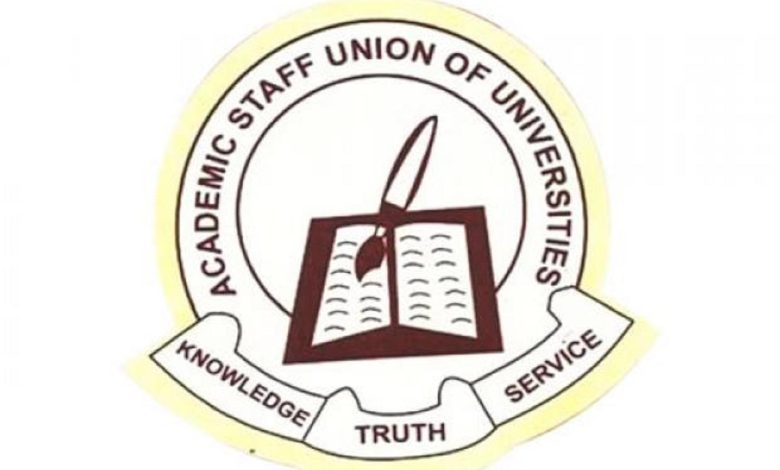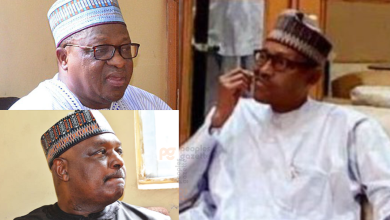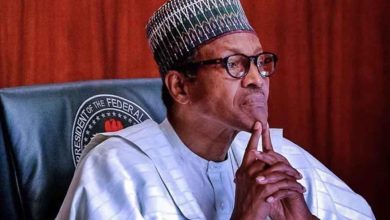ASUU: Yet Another Strike?

Barring a last-minute intervention by the Federal Government, the nation’s public universities may be shut down next week by a nation-wide strike called by the Academic Union of Universities (ASUU). During the week, the University of Lagos branch of ASUU, like sister branches across the country, set out to sensitize the public over why the union may resume the industrial action it suspended in 2020. This is a prelude to the final decision to be taken by the union’s National Executive Council meeting scheduled for 12th and 13th of February, 2022 at the University of Lagos.
On its part, the Federal Government’s representative, Dr. Chris Ngige, Minister of Labour and Employment, said the Buhari administration has noted the threat, and that most of ASUU’s ‘grievances were domiciled in the Ministries of Education and Communications and Digital Economy’.
This ding-dong affair between the Federal Government and ASUU has become a source of embarrassment to all stakeholders in the education sector. Since 1981 ASUU strikes have become a recurring decimal in the nation’s educational system. No government has found an enduring solution. The recent strikes are connected to the breach of agreements by the Federal Government. Contents of the agreements include Earned Academic Allowances, Universities’ Revitalisation, and replacing the Integrated Payroll and Personal Information System (IPPIS), with the University Transparency and Accountability Solution (UTAS). There is also the unimplemented 2009 salary table that is now overdue for renegotiation.
ASUU strikes often polarise the Nigerian public – students who want to graduate in time and move on in life, parents who are eager to see their wards face the future, opinion leaders, and politicians who often appeal for dialogue. There is the government which usually employs unlimited state resources to counter ASUU’s reasons for the strikes. The pressure from all these groups has always been instrumental to suspension of previous strikes.
ASUU indeed has a strong case. It is scandalous that Nigerian universities’ lecturers have been on the same salary since 2009. An average professor earns N460, 000 monthly. It is demotivating for Nigerians, especially the youth, from seeking hard work-based success. While revitalization of universities, UTAS, EAA and other issues in the MOAs are not in any means unimportant, they may sound elitist and not elicit public understanding and support. The logic of industrial action, after all, is to appeal to the public who are the recipients of social services to, in turn, pressurize employers to be sensitive to the plight of employees.
ASUU should make the welfare and salary packages contained in the 2009 Agreement the highpoint of its demands. There should be a mechanism in place, which can automatically adjust salaries in line with inflation and prevailing economic circumstances. The nation must end this annual ritual of shutdowns.
The Federal Government must note that Nigerians expect it to act with integrity and honour always. No credible government should wait for labour unions to embark on strike before honouring agreements. If the government cuts frivolous costs of governance the problem can be solved. Addressing the entire demands of ASUU, especially after several agreements, MOUs and MOAs is, therefore, not negotiable. Strikes in the universities force youngsters into idleness, the devil’s workshop.
This crisis is as serious, as a time of war. It should be treated with urgency.
It is not heartwarming that ASUU has gone on strike 15 times since 1999. This makes the union to appear strike- happy and the government not serious. This time, the union should consolidate its requests and place same before government. It is not too late to nip the current strike call in the bud. All stakeholders must realize that a completely free university education is unrealistic in any society, especially with the current assumption that it is for everyone. Bursaries and scholarships were successfully used to fund students in the past. They can be put on the table, as options in educational financing, as students pay some fees. This is without prejudice to the free education provisions of Chapter 2 of the 1999 Constitution of the Federal Republic of Nigeria.
The Federal Government and ASUU are now in the court of public opinion. If common sense prevails, both parties should still be able to prevent a truncation of the dreams of young Nigerians in public universities.




